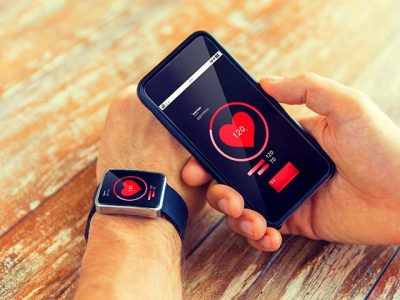You’ve probably heard stories: someone with “sky-high” cholesterol who lives to 90, and another with “normal” levels who suffers a heart attack at 42. So what gives? Can you have high cholesterol and still be healthy?
Well… yes. But also, not really.
Cholesterol Alone Doesn’t Tell the Whole Story
Cholesterol isn’t inherently bad. In fact, your body needs it to build cells, produce hormones, and support brain function. The issue isn’t the cholesterol itself; it’s how it travels, where it ends up, and whether it stays put.
The real trouble begins when cholesterol particles sneak into the walls of your arteries. That’s when atherosclerosis, plaque buildup, starts forming. But here’s the twist: it’s not cholesterol levels alone that predict this. It’s the number of cholesterol-carrying particles.
The Hidden ApoB
Every particle that can deliver cholesterol into your arteries carries a single molecule of apolipoprotein B (ApoB). So if you’re measuring ApoB, you’re counting how many “delivery trucks” are on the road.
Some people have high cholesterol but relatively few ApoB particles. Others have normal cholesterol but a sky-high ApoB count. Guess who’s more at risk?
- Fewer particles = lower risk, even with more cholesterol per particle
- More particles = higher risk, even if total cholesterol looks fine
That’s why two people with the same LDL number may have wildly different outcomes.
The Genetics Factor
There are rare individuals with high cholesterol who never develop heart disease. Often, they’ve won the genetic lottery. Their arteries somehow resist plaque formation, or their bodies manage cholesterol differently.
But they’re the exception, not the rule.
Most people with elevated lipids, especially high ApoB, are silently stacking risk. It just takes time to show.
So, Can You Be “Healthy” With High Cholesterol?
Maybe. But maybe not for long.
True health isn’t just what shows up on the outside, it’s also what’s building up silently inside. If your ApoB is elevated, that’s a red flag, no matter how good you feel.
What Should You Do?
Ask your doctor to check your ApoB levels, not just total or LDL cholesterol. And if there’s a family history of early heart disease, consider early testing and intervention.
Because in the long run, knowing your risk beats guessing every time.
